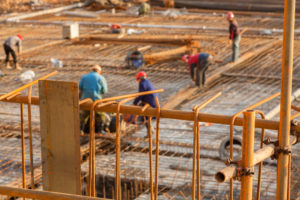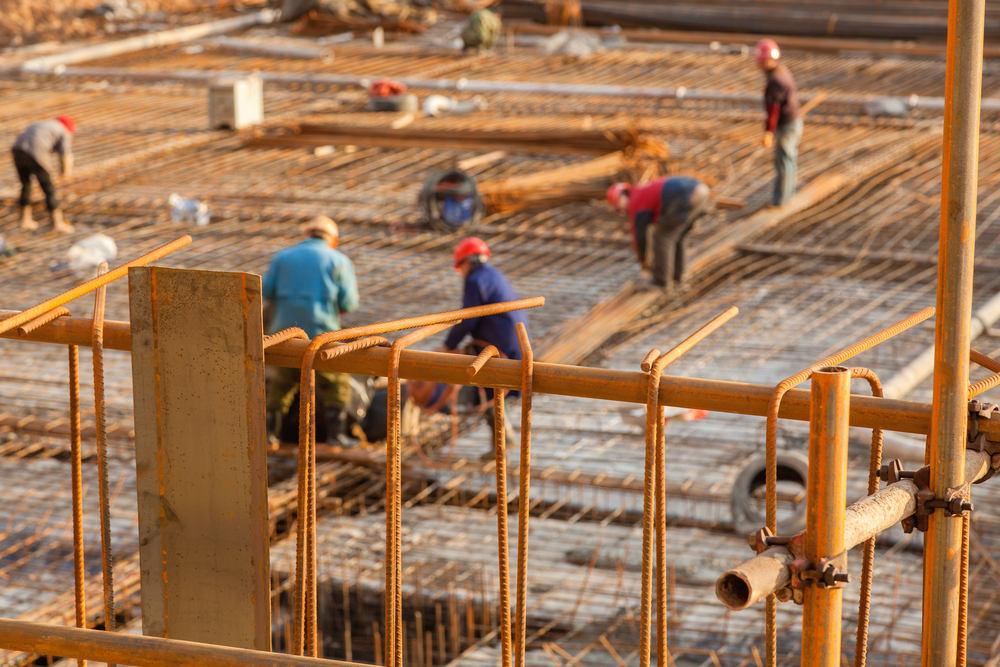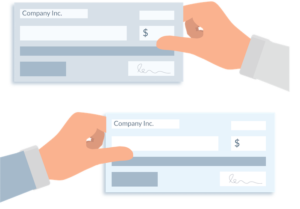
The South Carolina Prompt Pay Act was enacted to essentially set a default payment schedule on construction projects. These provisions ensure that contractors, subs, and material suppliers who perform in accordance with their contract terms are paid in a timely fashion. This article will break down the payment periods and penalties required under the South Carolina Prompt Pay Act.
South Carolina Prompt Pay Act
The South Carolina prompt payment laws are found in S.C. Code §§29-6-10 et. seq., and sets forth payment deadlines for most types of construction jobs within the state. These provisions apply to payments coming from every tier of a construction project. The failure to comply with these regulations can lead to being penalized by interest accruing on the unpaid amount.
When the provisions apply
These regulations apply to both public and private construction projects within the state. However, there are a few notable exceptions, which excludes most residential projects. There are three types of projects these provisions don’t apply to; (1) residential homebuilders, (2) improvements to residential projects of 16 or fewer units, or (3) when the improvements are not financed by a non-owner. If the project doesn’t match any of these exceptions, the statute will govern the payment timing.
Waiver of these provisions
If working on a private project, the parties may agree to different payment terms and interest rates if they so choose. To effectively waive these regulations, the waiver must be included in the contract, it should specifically cite the statutes by section number and be written conspicuously in bold-faced, or underlined type. But, if the parties agree to different terms and there is any willful breach of the contract, then the statutory rate shall apply.
Timeframe for payments under SC Prompt Pay Act
Entitlement to payment
The South Carolina prompt payments statutes apply to payments both ways, up and down the payment chain. A contractor or supplier will be entitled to payment when the perform in accordance with the contract or subcontract provisions and they submit a payment request. As far as clauses that attempt to impose a condition precedent to payment (i.e., pay-if-paid & pay-when-paid clauses) these will not have any effect on these deadlines. Such provisions are unenforceable in the state of South Carolina.
Timeframes for payment
When a direct or general contractor is eligible for payment the property owner or public entity must pay the contractor within 21 days of the receipt of the pay application (or pay request). Once the contractor has received these funds, they must then, in turn, pay their subs and suppliers within 7 days of receipt of payment. This deadline applies to every other payment down to the lower tiers.
Grounds to withhold payment
South Carolina sets out specific instances where payments can be rightfully withheld beyond the statutory due date. Both owners and contractors may withhold payment for the following reasons:
- Unsatisfactory job progress;
- Unremedied defective work;
- Disputed work;
- Third-party claims filed (or reasonable evidence that a claim will be filed);
- Failure to make timely payments ;
- Damage to the owner or other project participants;
- Reasonable evidence that the contract cannot be completed for the unpaid balance; or
- A reasonable amount for retainage.
Penalties for late payment
Interest rate imposed
For any progress payments or final payments, if they are improperly withheld past these deadlines the paying party will be penalized by the imposition of interest on the unpaid amount. Interest will accrue at a rate of 1% per month until the balance is paid.
However, one interesting aspect about SC’s prompt pay statutes is that this interest won’t accrue unless the paying party is notified in writing of the statute itself. This notice must be provided at the time the payment is requested. Best practice, include language citing the statute and the interest rate directly on your invoices or pay applications.
Recovering attorney fees
The ability to recover attorney fees in South Carolina in regards to claims for the improvement of real property is particularly unique. This is governed under S.C. Code §27-1-15. This provision imposes a durty on the paying party to reasonably investigate the claim for payment within a reasonable amount of time. If a “due and just” demand for payment is sent by certified or registered mail, the party receiving the claim must make a reasonable and fair investigation of the merits of the claim. If the person fails to conduct a fair investigation, or they unreasonably refuse to pay the claim, they will be liable for attorney’s fees.
Bottom Line
It’s important for owners, contractors, and material suppliers alike to understand the requirements under the South Carolina prompt pay act. There are ways to contract around these requirements, but these are the default rules that will apply to almost every project. Yes, these statutes provide helpful protection for the receipt of timely payment. However, they also impose some strict penalties for non-compliance, be sure to familiarize yourself with these requirements before working on your next South Carolina construction project.
Additional resources
- South Carolina Prompt Pay Act Overview & FAQs
- Know Your State Prompt Pay Act to Speed up Construction Payments
- How to File a South Carolina Mechanics Lien – A Step by Step Guide to Get Paid





